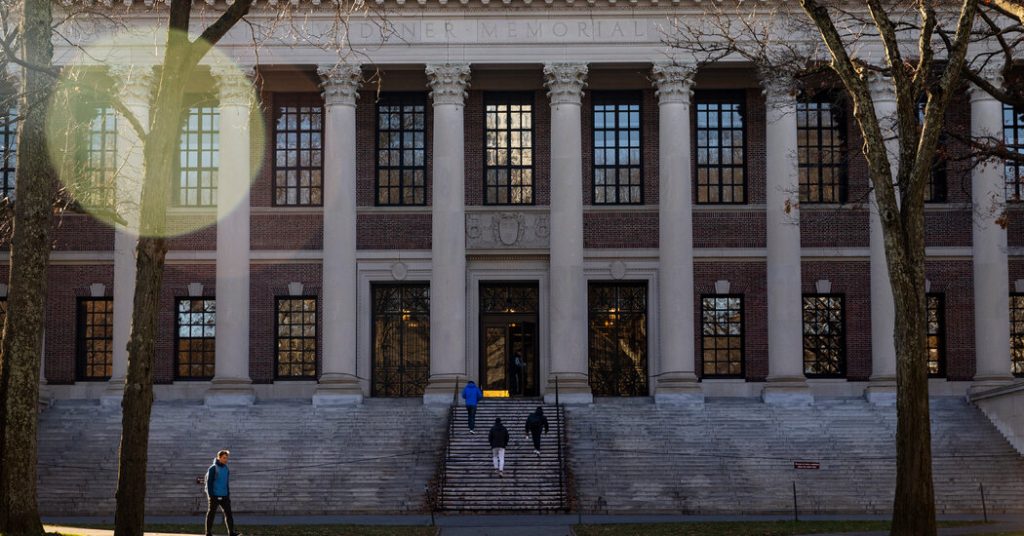Harvard’s Faculty of Arts and Sciences has decided to no longer require job applicants to submit diversity statements, opting instead for finalists to focus on their efforts to strengthen academic communities and promote a positive learning environment. This change in policy comes in the wake of turmoil over Harvard’s values and the role of equity initiatives in higher education, especially after the resignation of Claudine Gay, the university’s first Black president. This decision represents a significant shift from the university’s previous practices and aims to provide a more inclusive and broad approach to evaluating job candidates.
Dr. Nina Zipser, the dean for faculty affairs and planning at Harvard, announced the change in policy, citing feedback from faculty members who found diversity statements to be too narrow and difficult to interpret, especially for international candidates. This decision aligns with Harvard’s commitment to recognizing the various ways faculty members contribute to strengthening academic communities, including diversity, inclusion, and belonging efforts. The university believes this adjustment will realign the hiring process with the long-standing criteria for tenured and tenure-track faculty positions.
Similar to Harvard, the Massachusetts Institute of Technology (M.I.T.) recently announced that it would no longer require diversity statements, citing concerns about impinging on freedom of expression and the ineffectiveness of compelled diversity statements. Critics of diversity statements have long argued that mandatory diversity statements can stifle debate and limit the range of views expressed by candidates. On the other hand, proponents of diversity statements view them as contemporary methods to promote diverse perspectives, especially in light of recent U.S. Supreme Court decisions on race-conscious admissions.
Former Harvard president Lawrence H. Summers endorsed the university’s decision to move away from mandatory diversity statements, emphasizing the importance of prioritizing academic values in appointment decisions over identity considerations. However, some proponents of diversity statements, such as philosophy professor Edward J. Hall, argue that the backlash against diversity statements is misplaced, and the focus should be on understanding the true purpose of diversity statements rather than rejecting them outright. Several states have already banned public universities from requiring diversity statements, underscoring the ongoing debate surrounding the use of diversity statements in hiring practices.
In addition to the policy change regarding diversity statements, Harvard recently announced a shift in its approach to discussing topics that are not relevant to the core function of the university, reflecting a broader trend towards institutional neutrality at academic institutions. However, Harvard’s decision to prevent some protesters from graduating last month led to a walkout by hundreds of students during the commencement ceremony, highlighting ongoing tensions within the university community. Despite these challenges, Harvard’s decision to revise its hiring practices demonstrates its commitment to fostering a more inclusive and diverse academic environment while upholding its core values and academic standards.


